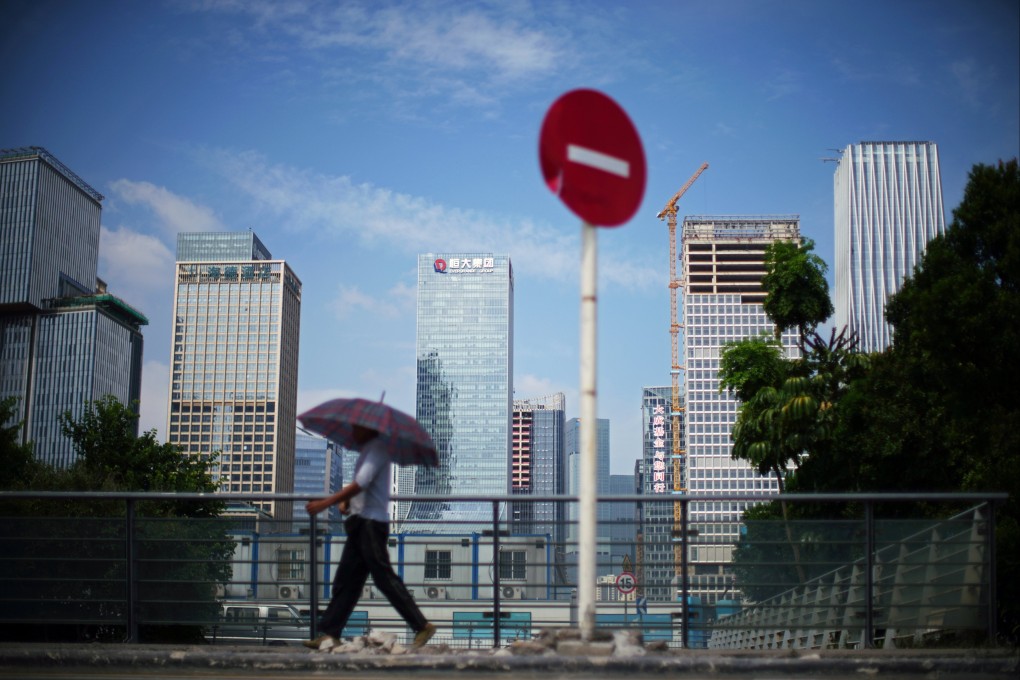China Briefing | Can China afford to stay isolated as world abandons ‘zero Covid’?
- Strict border controls, alongside lockdowns, quarantine mandates, extensive testing, and contract tracing, helped China bring the coronavirus under control last year
- But they are also preventing in-person diplomacy, as ‘overkill’ visa policies for dependants dissuade foreign professionals from moving to the country

In a widely shared video interview posted online recently, Gao Fu, head of the Chinese Centre for Disease Control and Prevention, offered hope that China might consider opening its borders early next year when it is expected to have reached 85 per cent of the population fully vaccinated.
Zhong Nanshan, China’s leading expert on respiratory diseases, said recently in a separate interview that the country should not ease its border restrictions until the rest of the world has low death rates, fewer infections and high vaccination rates – especially major countries.
Ultimately, the decision will hinge on whether China is prepared to change tack. Other countries’ struggles with the highly contagious Delta variant, in particular, have shown that the virus is too difficult to contain and will more than likely remain in circulation for a long time to come.
Learning to live with the virus may not be a prospect China’s government wants to entertain at the moment, but it should at least consider fine-tuning its zero Covid strategy to allow for more flexibility and show more empathy.

